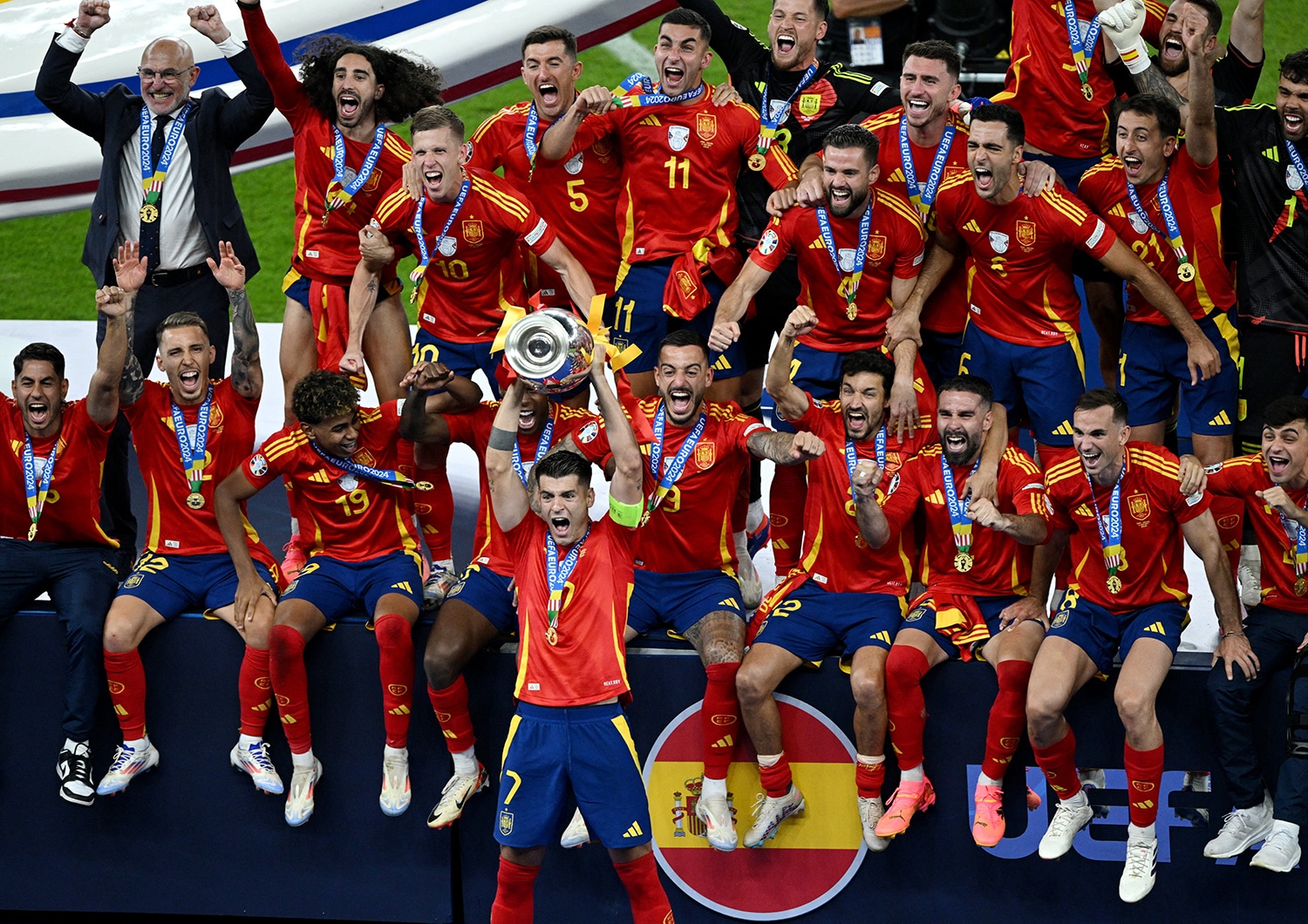MEXICO CITY (OSV News) — Mexico’s Interior Ministry has requested the participation of priests in courses promoting “civic values” in the aftermath of the ruling Morena party’s massive electoral victory and disquiet from the country’s episcopal conference over social peace in the deeply divided country.
The Interior Ministry’s request came from its general director for democratic culture and civic development, Julio César Hernández Martínez, and spoke of “the importance among the population of generating pride and belonging to the national symbols.”
Focus on civic values
The request, published by various media, continued, “We are convinced of the importance of reinforcing our civic values to lay the foundations that give viability and permanence to the changes that the continuity of this Transformation of Public Life in Mexico will entail.”
The letter added, “This continues in an important way to the generation of sentiments that reinforce respect and veneration of the homeland, and permits achieving the objectives that the government of the Fourth Transformation has established for Mexicans in the 2020 to 2024 period.”
The “Fourth Transformation” refers to the administration of President Andrés Manuel López Obrador, who aggrandized his government with that promotional phrase — putting it on the same historical plain as Mexico’s 1810 independence from Spain, or the Revolution of 1910 that ended the 30-year dictatorship and led to the establishment of a constitutional republic.
Bishops’ conference response
The Mexican bishops’ conference addressed the Interior Ministry’s request by counseling prelates to “maintain a respectful, but independent relationship with civil authorities, preserving the separation of church and state enshrined in our constitution,” and to remember “our principal mission is pastoral and spiritual. Although we value civics, we must remain focused on our ecclesial responsibilities.”
In a June 29 letter to Mexico’s bishops, first obtained by ACI Prensa and verified as authentic by OSV News, the bishops’ conference said some dioceses had received requests for priests’ contact information for the Interior Ministry’s course.
The conference recommended not providing priests’ contact information. But it advised bishops to “respect” the decision of each priest. “If any priest wishes to participate … they can do so on their own initiative,” the conference said.
One priest speaking with OSV News saw the course as superfluous.
“It’s strange (because) we love the flag,” said the priest, requesting anonymity as he was speaking for himself only. The cleric noted that it was a priest who “started the independence movement in Mexico,” referring to Father Miguel Hidalgo, a central figure in the Mexican War of Independence in 1810. “We have flags in all our churches and we’re respectful of our national symbols,” the priest said, without disclosing his name.
Challenges and relations with government
The invitation for priests to participate in a course promoted by a government that has been described as nationalist and populist presents challenges for Mexico’s bishops, who, by their own admission, have not had a close relationship with López Obrador over his five and a half years in power.
The invitation’s reference in the request to the “transformation of public life in Mexico” replicates the language of López Obrador, who identifies as Christian and speaks regularly of morals and values, quotes Pope Francis and cites scripture in his morning press conference.
The president has described his political project as “moral” as much as political, branded opponents as “immoral” and spoken of “moralizing” Mexican public life — though he has routinely backed allies, including his sons, who have been accused of corruption. (The president says his sons have not engaged in untoward acts).
The current president’s prótegé, Claudia Sheinbaum, who claimed more than 60% of the popular vote in the June 2 election, ran on an agenda of continuity, promising she would lead an “honest” government. She takes office Oct. 1.
Morena and its allies claimed supermajorities in the lower house of Congress, while falling just two seats short in the Senate, making the possibility of changing the constitution feasible with little opposition support. López Obrador is pushing a suite of 20 constitutional reforms, which include overhauling the judicial system to put judges — including Supreme Court justices — to a popular vote.
Bishops’ conference and national unity
The bishops’ conference congratulated Sheinbaum immediately after her victory, while the organizers of the church-sponsored National Dialogue for Peace – which convened forums across Mexico after the 2022 murders of two Jesuit priests in their parish – reiterated its willingness to work with the president-elect on pacifying Mexico.
In its subsequent statement, the bishops later called on Sheinbaum and the ruling party to prioritize unity in a polarized country — where López Obrador uses a morning press conference to villainize political opponents, critical journalists and civil society groups not backing his populist project. They also expressed concern that proposals from the ruling party would weaken counterweights like the courts and autonomous agencies such as the transparency institute.
“We are allowing ourselves to make a respectful call to direct your decisions and first actions toward the construction of national unity, the inclusion of everyone in the democratic nation project that we have had for decades,” the bishops said in a July 2 statement, which was re-released July 7.
“Let’s not allow the feeling of winners or losers prevail, but rather that of citizens of the same country, which we must build with the talent of all, without exclusion. Mexico must be a land of freedom and opportunities for all, in an environment of justice and peace that we all long for.”







